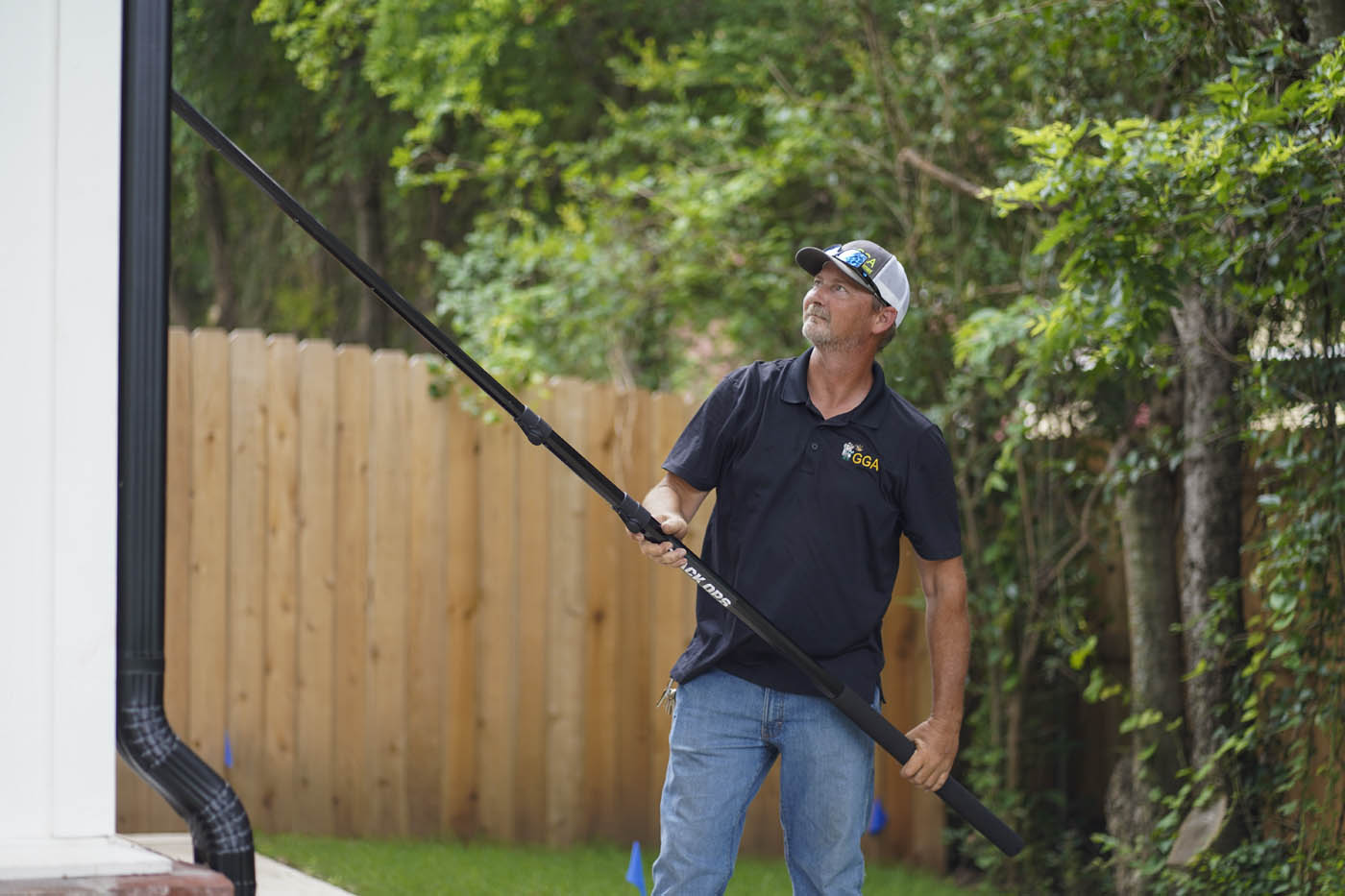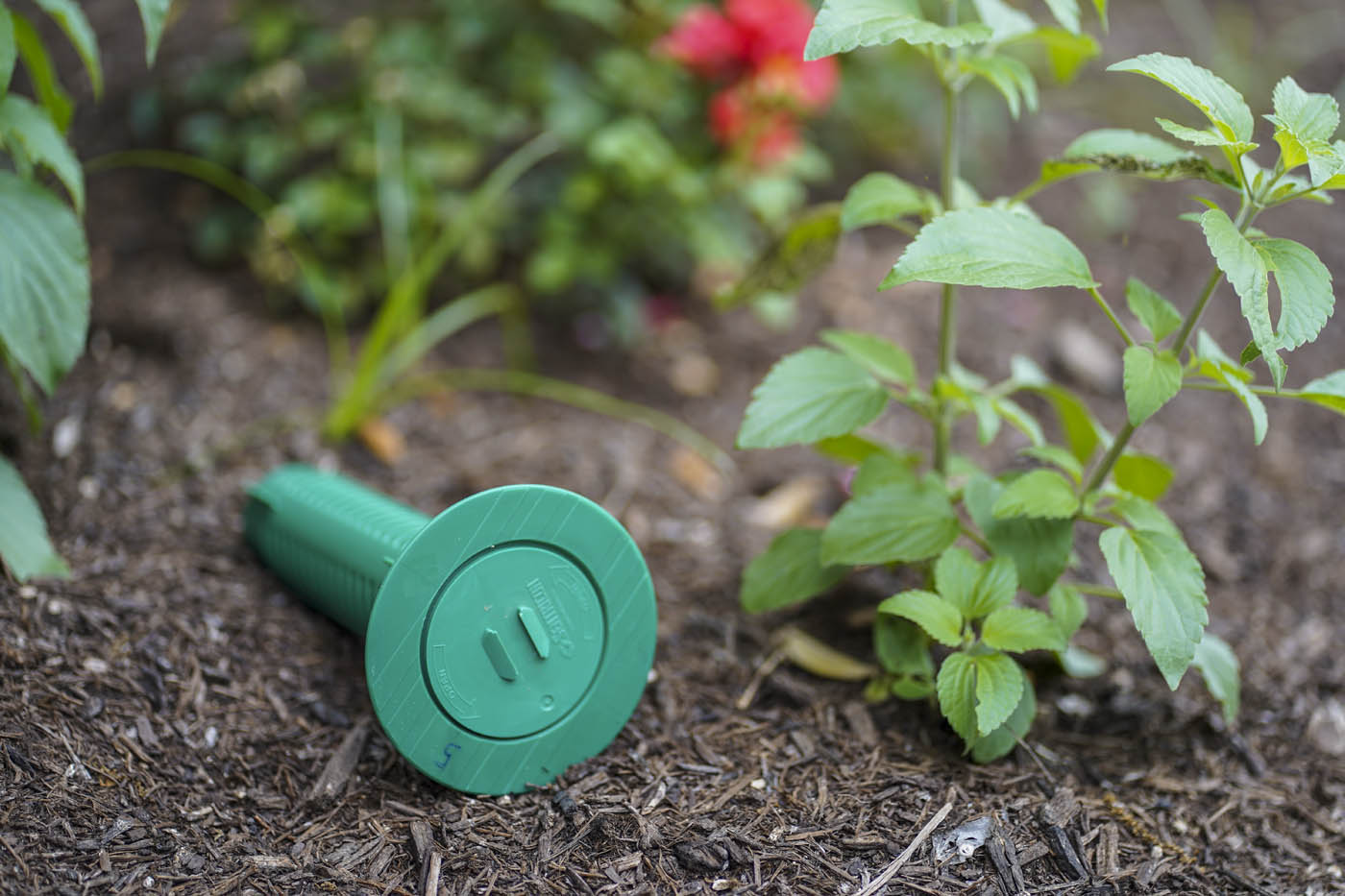Why Don�t Spiders Stick To Their Webs?
January 18, 2017
There is a longstanding myth that spiders are able to avoid sticking to their own webs by secreting some kind of oil on their feet
There is a longstanding myth that spiders are able to avoid sticking to their own webs by secreting some kind of oil on their feet that helps them slide around with ease. Unfortunately, everyone who believes this to be fact is completely wrong. Scientists have looked far and wide for these oil-secreting glands and simply cannot find them on any spiders.
The truth is somewhat less exciting than the fantasy according to experts. Fritz Vollrath and Edward Tillinghast, two scientists that happen to be the world's leading experts on spider silk, explain that spiders deposit their web glue in small round balls dotted all over their web. And so they avoid stepping on them in order to prevent themselves from being caught in their own trap. However, once in a while they will accidentally step on one of their glue balls, but it basically amounts to when a human steps on a piece of chewing gum. One ball won't work to secure an insect. When prey fly into the web they are hitting around 50 of these glue balls. Scientists have found that when a spider is spinning their web they come in contact with hundreds of these droplets, but the limbs used to handle the glue are covered with special branched hairs in order to keep the glue from sticking to their legs.
Were you taught that spiders don't stick to their webs because they have oil on their feet, and if not how did you think they avoided sticking to their own webs?




